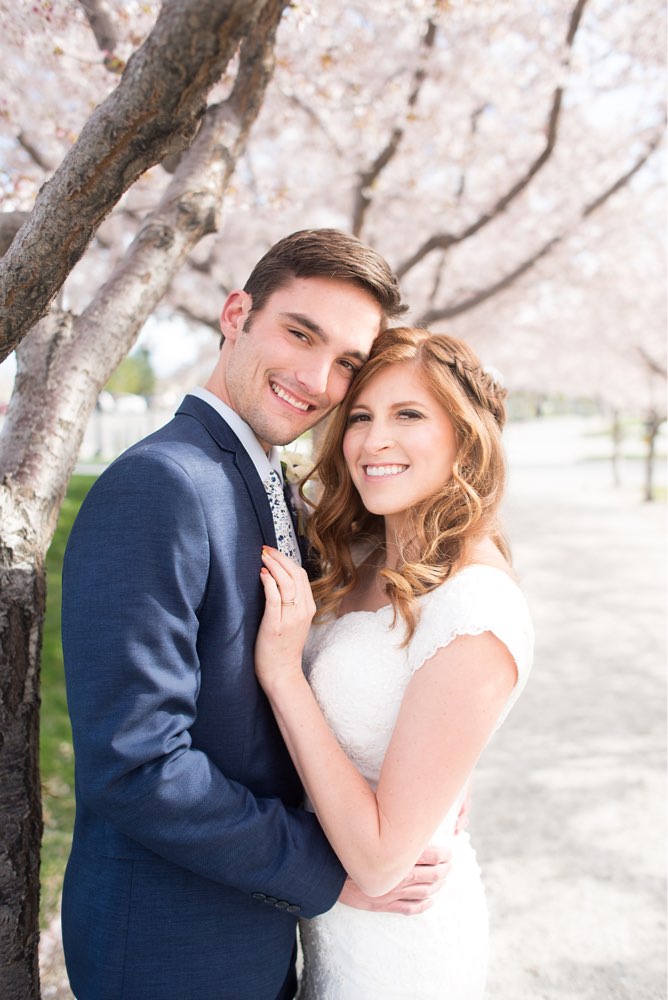September 2009 LSAT - Section 2 - Question 20
It can be inferred that the author of the passage is most likely to believe which one of the following?

Replies

joshuavt June 13, 2018
Could you please explain why D is correct instead of B? Thanks!
Christopher June 15, 2018
@joshuavt, (B) would work until you get to line 39. The author is discussing a particular theory about intellectual property law and how it can be applied, and in all of the examples given to that point, it works. However, at line 39, the author shifts to ways in which that particular model breaks down, giving examples in which the important piece of the intellectual property is the idea and not the tangible expression of it.If the author completely committed to the tangible-object theory, then (B) would be correct. However, the author points out that the weakness of the tangible-object theory is that it doesn't adequately deal with situations in which the idea behind the tangible expression is the key piece of the intellectual property. So the author would not likely believe (B).
In the last part of the passage the author claims that one of the reasons why the tangible-object theory is inadequate is because it doesn't take into account whether an object's creator can claim ownership over the ideas that went into the object. By suggesting this as a inadequacy in the described theory suggests that an adequate theory of intellectual property likely WOULD take this concept into account. Thus, we arrive at (D).
Does that help?

joshuavt June 16, 2018
Thank you very much! Your explanation was very clear!Jacqueline September 16, 2022
I have further questions on this. The correct answer to question #17 states that the tangible-object theory would confer intellectual rights to the creator(regardless of whether they are the inventor) of a new, original object (the reason why answer C here is incorrect). However, this is the precise idea the author raises issue with in the last paragraph, and illustrates with their example that creates a contradiction of rights to intellectual property between who creates the idea(intellectual property) and someone else who creates the tangible object with their own materials. This is one of the author's reason for showing that the tangible object theory is inadequate, but the correct answer to this question (D) states the exact opposite - that the author would agree that this presupposition(that whoever creates a physical object is entitled to the intellectual property/ideas embodied in the work) is adequate.Jacqueline September 16, 2022
I understand why A, B, C, and E are wrong, but I do not understand why D is correct, as it also seems wrong to me.